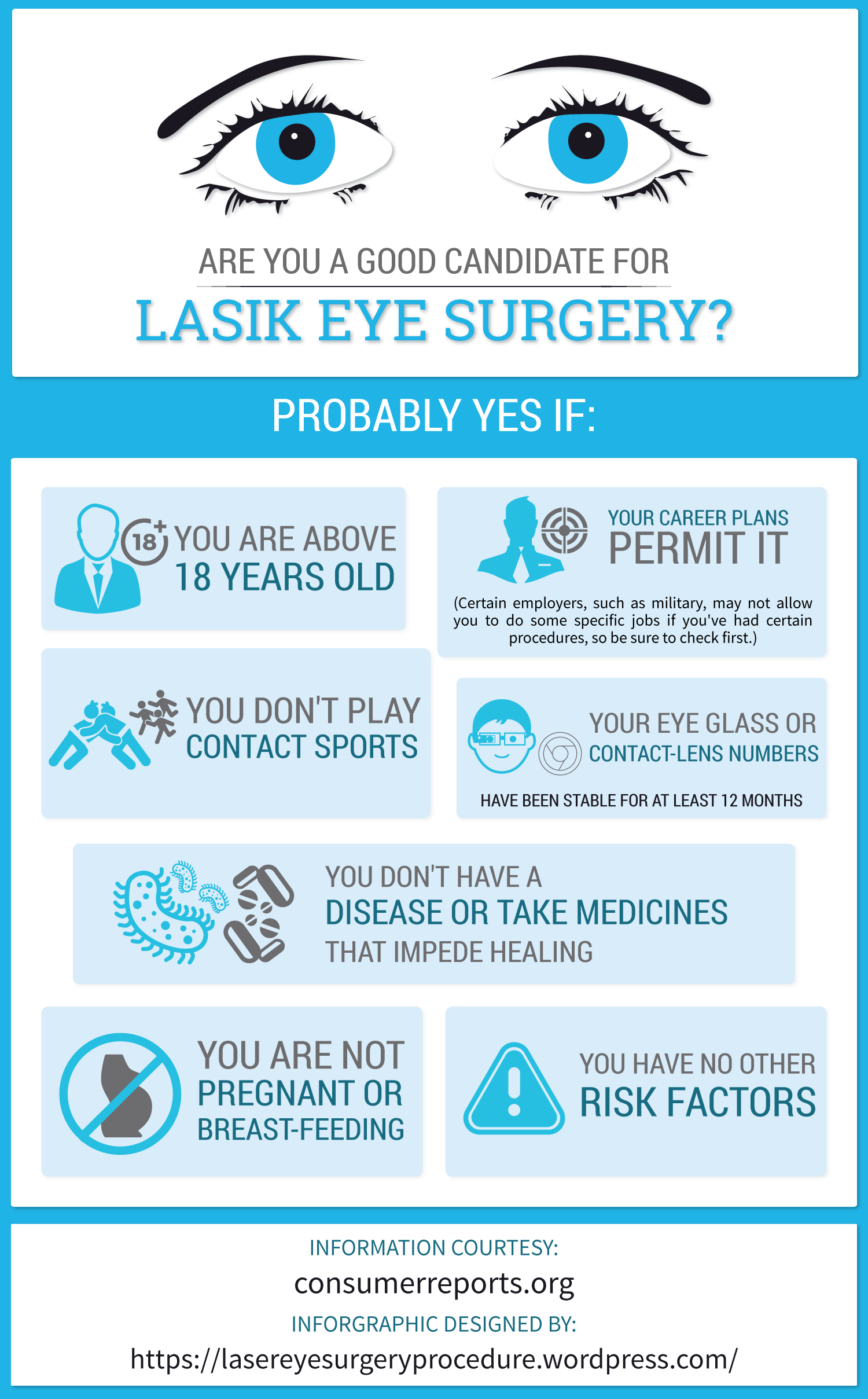Lens Substitute Surgical Treatment: A New Frontier In Visual Improvement

Short Article Composed By-Odonnell Newton
Imagine a future where you no longer have to count on glasses or get in touch with lenses to see plainly. A future where vision improvement is as straightforward as a quick, pain-free treatment.
Well, that future is closer than you may believe. Introducing refractive lens exchange, a revolutionary technique to fixing your vision that could transform the means you see the globe.
But just what is refractive lens exchange, and why is it took into consideration the future of vision modification? In How Much Is The Eye Surgery , we will certainly explore the advantages, the procedure, and the prospective dangers of refractive lens exchange, providing you a glance into what exists ahead for those seeking more clear vision.
The Benefits of Refractive Lens Exchange
Refractive Lens Exchange supplies various benefits for individuals looking for vision adjustment. By replacing Web Site -natural lens with a fabricated intraocular lens, this treatment can deal with a wide variety of vision issues. One of the major advantages of refractive lens exchange is the improvement in visual acuity. Whether you're nearsighted, farsighted, or have astigmatism, this treatment can dramatically enhance your capacity to see plainly without relying upon glasses or call lenses.
Additionally, refractive lens exchange can likewise stop the progression of particular eye problems, such as cataracts. This indicates that not just will you attain much better vision, yet you'll likewise have a decreased threat of developing cataracts in the future.
With refractive lens exchange, you can delight in improved vision and a higher quality of life.
The Procedure for Refractive Lens Exchange
When undertaking refractive lens exchange, the doctor will start by making a little laceration in your cornea. This enables them to access the lens of your eye and remove it.
Below are 5 essential actions associated with the procedure:
- The doctor will thoroughly break up the lens utilizing ultrasound waves or lasers.
- After removing the lens, they'll place a brand-new artificial lens, called an intraocular lens (IOL), into your eye.
- The IOL is designed to correct your certain vision troubles, such as nearsightedness, farsightedness, or astigmatism.
- Once the brand-new lens is in area, the surgeon will close the laceration with small stitches or self-sealing methods.
- The whole procedure normally takes less than half an hour and is normally carried out on an outpatient basis.
Adhering to these actions, refractive lens exchange can offer you with boosted vision and lower your reliance on glasses or contact lenses.
Potential Dangers of Refractive Lens Exchange
Before going through refractive lens exchange, it's important to comprehend the potential dangers related to the procedure. While refractive lens exchange is normally thought about safe, like any kind of surgical procedure, there are risks entailed.
One prospective threat is infection, which can occur if bacteria enters the eye throughout or after the surgical procedure. An additional risk is the advancement of increased intraocular stress, which can cause glaucoma. Additionally, there's a small chance of experiencing corneal edema, which is the swelling of the cornea.
Other prospective threats include retinal detachment, macular edema, and loss of vision. It's crucial to review these risks with your doctor and evaluate them versus the potential advantages prior to choosing.
Verdict
So there you have it, folks! Refractive lens exchange is truly the future of vision adjustment. With its many benefits and advancements in modern technology, this treatment provides a life-changing option for those fighting with their vision.
But remember, every increased has its thorns. While refractive lens exchange may bring clearness, it is very important to be aware of the possible threats entailed. So, before taking the leap, evaluate the benefits and drawbacks, and talk to your eye doctor.
Nevertheless, far better secure than sorry!

